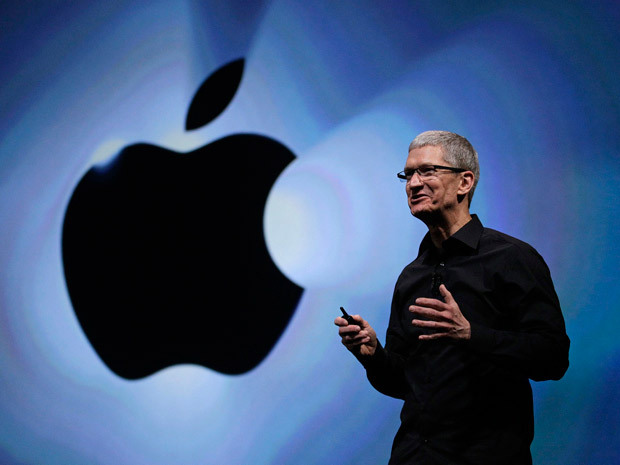
Apple foresees a “major shake-up” in 2027 for the iPhone’s 20th anniversary, as reported by Bloomberg’s Mark Gurman. Meanwhile, the iPhone 17 Pro, expected sooner, won’t see drastic changes.
A Thinner, Glassier Design for 2027
For 2027, Gurman highlights a Pro model with an “extensive” glass design, fulfilling Jony Ive’s vision of an iPhone that would “appear like a single sheet of glass,” first hinted at with the iPhone X. A foldable iPhone is also in development, but the glass-focused iPhone 19 Pro leads this milestone redesign.
The iPhone 17 Air’s ultra-thin build previews Apple’s shift to slimmer devices, and the iPhone 19 Pro might combine this with a seamless glass finish, possibly raising durability and repair concerns.
While bold aesthetics are Apple’s hallmark, specifics beyond glass remain unclear, sparking speculation about its final form.
iPhone 17 Pro: Subtle Updates, Not Bold Leaps
Speaking about iPhone 17 Pro, Gurman tempers expectations, stating it won’t feature a “particularly bold new look.” Its front will look “quite similar” to the iPhone 16 Pro, though the back camera will be “meaningfully different,” likely retaining a camera bar design in the same color as the body.
Early rumors of a smaller Dynamic Island or a two-tone back (dark-black camera on silver) won’t materialize—Gurman dismisses such renders as inaccurate. Unlike the 2027 overhaul, the iPhone 17 Pro offers gradual refinements over a major year-over-year jump.
Pricing and Tariff Challenges
In terms of pricing and tariff challenges, Gurman notes the Trump administration’s tariff plan—54% on China, 26% on India, 46% on Vietnam—recently cut Apple’s stock nearly 10%, threatening its $999 iPhone Pro price, unchanged since 2017.
He suggests mitigation tactics: pressuring suppliers for lower costs, tapping its 45% profit margin, tweaking prices short-term, or diversifying supply chains beyond China.
Stockpiling products before the April 9 tariffs delays adjustments until September’s next iPhones, though price hikes could overshadow hardware reveals. Tim Cook might seek exemptions, as in Trump’s first term, Gurman adds.
